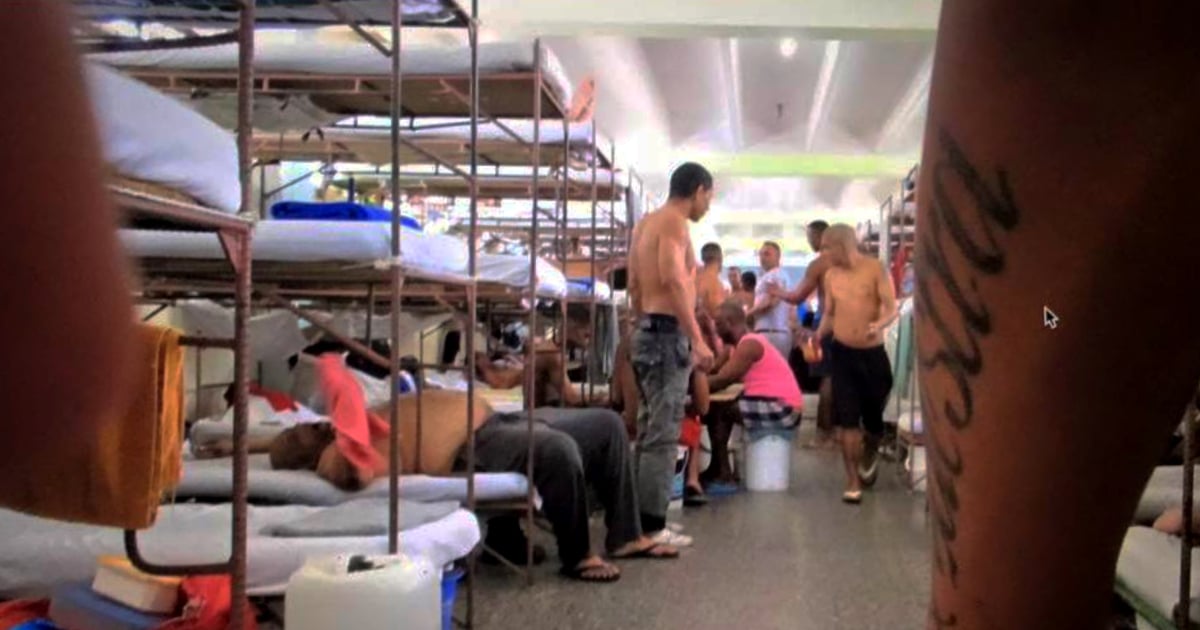Representatives from the United States recently held discussions with the families of Cuban political prisoners amidst the biannual migration talks between Havana and Washington. Eric Jacobstein, the Deputy Assistant Secretary of State, engaged in dialogues in Cuba's capital with independent entrepreneurs, religious leaders, and families of political detainees, as announced by Brian A. Nichols, the Assistant Secretary of State for Western Hemisphere Affairs, on X.
Jacobstein emphasized the pivotal role these sectors play in enhancing the nation's conditions and reiterated the United States' commitment to upholding human rights. During these discussions, he underscored the urgent need for the immediate release of individuals unjustly imprisoned, according to Nichols.
He further mentioned that these meetings with the families of Cuban political prisoners underscore the U.S. government's dedication to fostering dialogue with key figures in Cuba's civil society. Jacobstein led the delegation that met on Wednesday, December 4, in Havana with officials from the Cuban government, headed by Deputy Foreign Minister Carlos Fernández de Cossío.
The purpose of this meeting, the second scheduled for 2024, was to evaluate the implementation of the Migration Accords between the two nations, aiming to reaffirm both parties' commitment to promoting safe, legal, and orderly migration. Throughout the discussions, challenges and progress in migration procedures were reviewed. According to the U.S. Embassy in Havana, the American delegation addressed crucial issues related to collaboration in migration processes and highlighted the obstacles to achieving these objectives.
Within this framework, the meeting with families demanding the release of nearly a thousand political prisoners in the Caribbean nation took place. This week, reports emerged about the deaths of at least four July 11 prisoners while in custody in Cuba, along with an assault on the leader of the Patriotic Union of Cuba, José Daniel Ferrer, who has also declared a hunger strike in protest of abuses in prison.
Understanding the U.S. Involvement in Cuban Human Rights
What was the main purpose of the U.S. officials' visit to Havana?
The primary goal was to engage in the biannual migration talks and address the need for safe, legal, and orderly migration between the two nations, as well as to discuss human rights issues with Cuban civil society.
Who did Eric Jacobstein meet with during his visit?
Eric Jacobstein met with independent entrepreneurs, religious leaders, and families of Cuban political prisoners to discuss their roles in improving the country's conditions and the importance of human rights.
What recent developments concerning Cuban political prisoners were highlighted?
Recent reports included the deaths of at least four political prisoners from the July 11 protests and an attack on José Daniel Ferrer, a leader who has declared a hunger strike against prison abuses.
